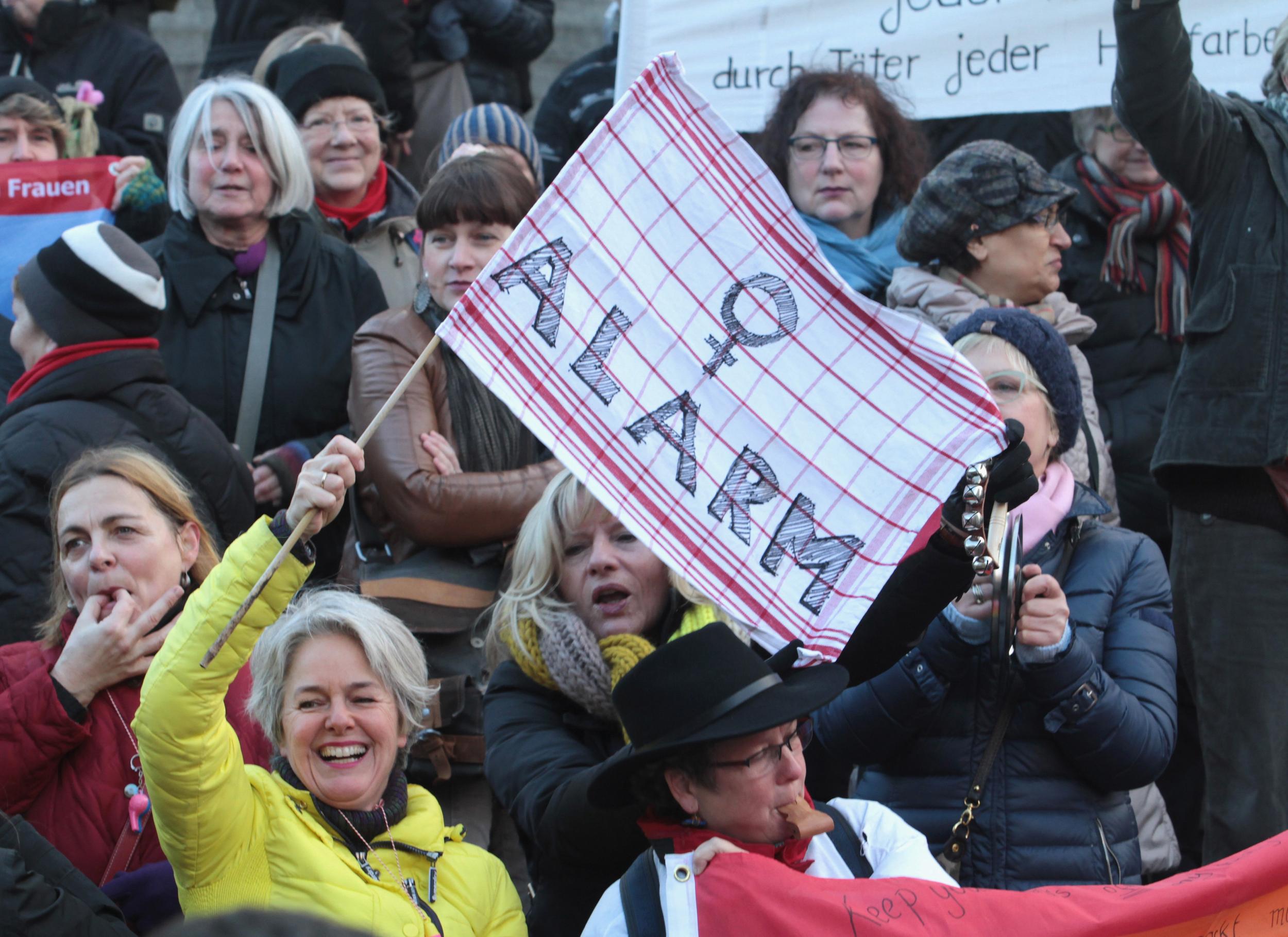Germany passes strict 'no means no' rape law in response to Cologne attacks
'In the past there were cases where women were raped but the perpetrators couldn't be punished,' says German minister for women, Manuela Schwesig

German lawmakers have voted in favour of a strict new rape bill that will allow sex crime victims to file criminal complaints if they reject their attackers with a clear "no".
The "no means no" law comes after hundreds of alleged sexual assaults took place in the west German city of Cologne during New Year's Eve celebrations.
German minister for women, Manuela Schwesig, said: "In the past there were cases where women were raped but the perpetrators couldn't be punished. The change in the law will help increase the number of victims who choose to press charges, lower the number of criminal prosecutions that are shelved and ensure sexual assaults are properly punished."
According to Justice Ministry figures, only one in 10 rapes in Germany is reported and just 8 per cent of rape trials result in a conviction. Under the new law, prosecutors and courts can take into account that a victim didn't resist assault because they were incapacitated, surprised or feared greater violence if they objected.
Eva Hoegl, a lawmaker of the centre-left Social Democrats, dismissed criticism that it's difficult to prove in court if someone said "no" when there are no independent witnesses.
She said similar concerns were raised before marital rape was criminalised in 1997. In future, if a member of a group carries out a sexual assault, others in the group can also be prosecuted for failing to intervene.
Germany reacts to Cologne New Year's Eve attacks
Show all 13The measure was criticised as unworkable and possibly unconstitutional by legal experts.
The new law also allows authorities to more easily deport foreigners who are convicted of sexual assaults, a measure seen as a direct result of the Cologne attacks. Prosecutors in Cologne received more than 1,100 criminal complaints following the New Year's assaults, including about 500 allegations involving sexual crimes.
The first trial for sexual assault, against two men from Algeria and Iraq, began yesterday in Cologne.
Subscribe to Independent Premium to bookmark this article
Want to bookmark your favourite articles and stories to read or reference later? Start your Independent Premium subscription today.

Join our commenting forum
Join thought-provoking conversations, follow other Independent readers and see their replies